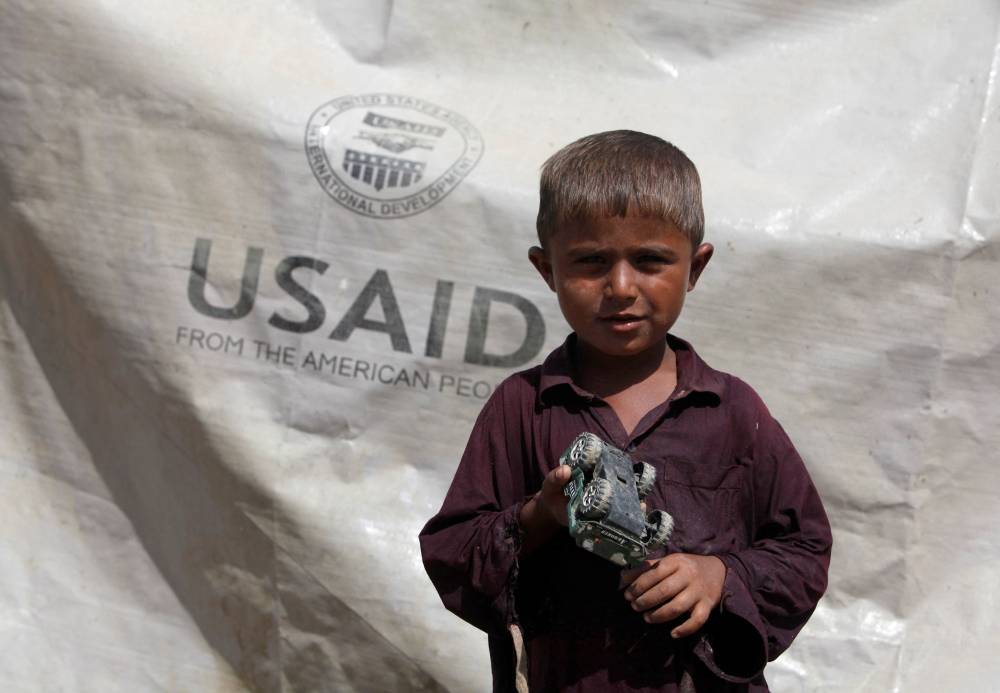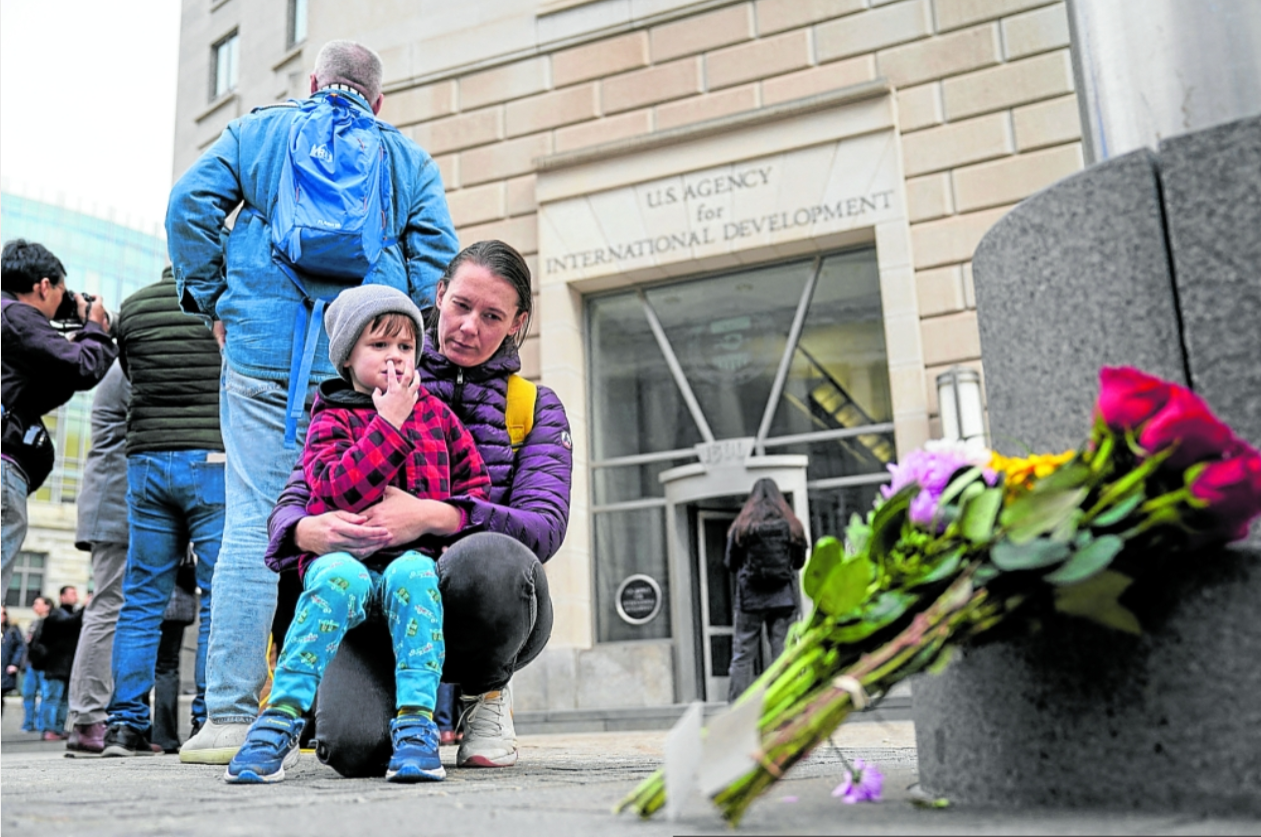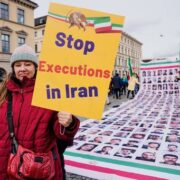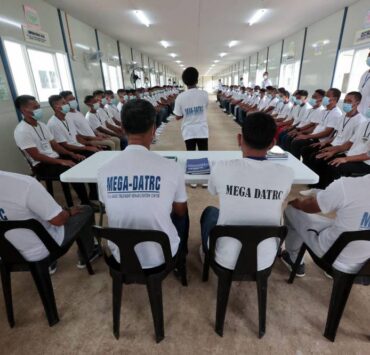Halt in US aid cripples global efforts to relieve hunger

The Trump administration’s effort to slash and reshape American foreign aid is crippling the intricate global system that aims to prevent and respond to famine.
The spending freeze, which Donald Trump ordered upon taking office on Jan. 20, is supposed to last 90 days while his administration reviews all foreign aid programs. But humanitarian organizations seek clarity about what relief programs are allowed to continue.
Compounding the problem is Trump’s move this week to shut the US government’s top relief provider, the US Agency for International Development (USAID).
A notice to the agency late Thursday said the administration plans to keep 611 staff members out of USAID’s 10,000-plus workers worldwide. Sources earlier told Reuters the administration was planning to retain only 294.
The United States is the largest single donor of aid, providing $64.6 billion over the last five years—or at least 38 percent of the total humanitarian aid recorded by the United Nations.
About 500,000 metric tons of food worth $340 million are in limbo, in transit or storage, as humanitarian organizations wait for US Department of State approval to distribute it, said Marcia Wong, a former senior USAID official who has been briefed on the situation.
US cash assistance intended to help people buy food and other necessities in Sudan and Gaza has also been halted, aid workers told Reuters.

Lost steering wheel
Questions about what programs have permission to continue have gone unanswered, because USAID officials—the people who normally field such inquiries—have been placed on leave, at least six sources said.
Meanwhile, the Famine Early Warning Systems Network (Fews Net), the US entity that produces regular food security alerts meant to prevent famine, has also been shut down.
Its loss leaves aid organizations without a key source of guidance on where and how to deploy humanitarian relief.
Established by the US government in 1985 after devastating famines in East and West Africa, Fews Net is funded by USAID and managed by Washington DC-based Chemonics International.
The network is charged with providing early warning to policymakers about hunger crises that could require a humanitarian response. It uses data from federal agencies, scientists and other humanitarian organizations to produce a stream of reports on food security.
Researchers who collect and analyze data on food insecurity and famine say Fews Net is essential to world efforts to fight hunger and can be more nimble and prolific than its UN-backed counterpart, the Integrated Food Security Phase Classification System.
On Jan. 27, Chemonics received a stop-work order from USAID. Two days later, The Fews Net website went dark, eliminating public access to thousands of reports funded by American taxpayers.
“Ending Fews Net is sort of like taking the steering wheel off the car,” said Andrew Natsios, a professor at Texas A&M University who headed USAID from 2001 to 2006.
With the dissolution of its chief funder USAID, Fews Net employees say they are not optimistic about the organization resuming work.
Forced leave
“Famine was disappearing from the world in the 2000s, and now its return will likely accelerate as we become increasingly blind to it, even as it becomes a more common tool of politics and war,” said Chris Newton, an analyst specializing in early warning and food security at Brussels-based think tank International Crisis Group.
At USAID, the mass termination of its personnel would effectively kill an agency that has helped keep tens of millions of people around the world from dying, said J. Brian Atwood, who served as USAID head for more than six years.
“A lot of people will not survive,” said Atwood, now a senior fellow at Brown University’s Watson Institute.
Secretary of State Marco Rubio had said the administration was identifying and designating programs that would be exempted from the sweeping stop-work orders.
Trump has made Rubio acting USAID administrator in line with the goal to merge the agency with the state department.
But it is not clear that these agencies can be merged unless Congress votes to do so, since USAID was created and is funded by laws that remain in place.
Of USAID’s more than 10,000 employees around the world, two-thirds are from outside the United States, according to the Congressional Research Service.
The agency’s website said that as of midnight on Friday, “all USAID direct hire personnel will be placed on administrative leave globally, with the exception of designated personnel responsible for mission-critical functions, core leadership and specially designated programs.”
Reuters, the news and media division of Thomson Reuters, is the world’s largest multimedia news provider, reaching billions of people worldwide every day. Reuters provides business, financial, national and international news to professionals via desktop terminals, the world's media organizations, industry events and directly to consumers.

















